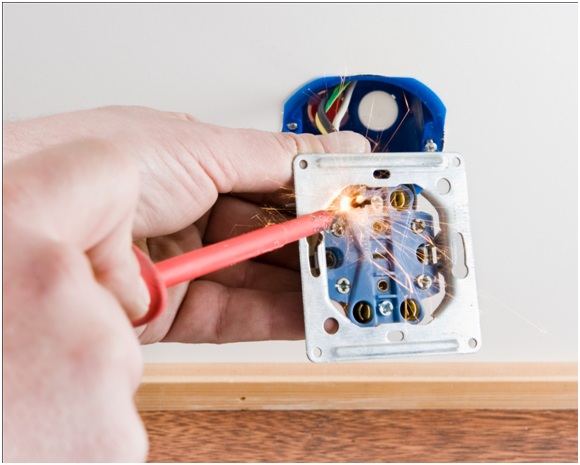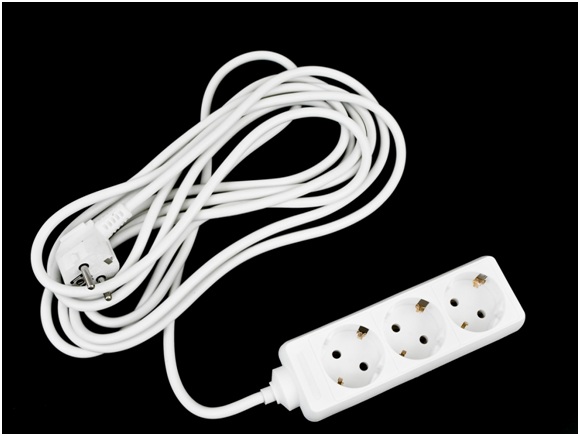Every electric appliance and equipment has one thing in common: cord. The most underrated yet the most important part that connects electronics to the electricity supply. Unfortunately, many homeowners don’t focus too much on cord safety, which can prove to be very costly in the form of electric shocks and fire hazards.
Here are some best practices that will help you keep the electric cords in your home in a good and safe condition:
Best practices to improve cord safety
Always make sure to plug the cord firmly in the electrical outlet. If the cord is loose, install a compatible outlet rather than trying to balance the plug in the outlet. Make sure you don’t adjust the plug when the power is on to prevent getting an electric shock. When unplugging a cord, pull on the cord at the outlet rather than a tug.
READ: Know Electrical Cord Safety
Never attempt to nail or staple cords. If you want to secure the cord to the wall or specific area, use tape or twist ties. Also, don’t put cords beneath carpets or rugs. It will give rise to slip and fall hazards as well as a fire hazard in case the cord gets overheated or frayed due to contact with a sharp object beneath the surface.
It’s also a good practice to regularly check cords for bends or cracks. If the outer jacket of the cord has a deep nick or break, don’t attempt to repair it using the electrical tape as it could change the flexibility characteristics of the cord and put extra stress, which can lead to an electrical hazard.
READ: Don’t Use Electrical Tape to Repair / Splice Cords
And finally, as tempting—and simple—as it might seem, don’t make modifications to a cord’s plug by yourself. Not only you can damage the electrical appliance or equipment, but you can also cause a short circuit and electric fire. Always call a professional electrician to perform any type of adjustments or modifications to your cord.
Extension cords
Many people rely on extension cords to power their appliance and equipment rather than installing new electrical outlets and switches in their homes. While it may seem harmless, it’s actually not. Extension cords are designed to be used on a temporary basis and are not a substitute for permanent wiring.
They can easily get entangled in people’s feet and lead to slip and fall accidents. Moreover, extension cords don’t carry circuit protection. Overheated connections can even start an electric fire.
READ MORE: Extension Cord Safety Tips
Looking for a professional electrical service provider to evaluate the cords and electrical system of your home? Get in touch with us today! AT RHK Electrical, we’ve got a team of certified and highly trained professionals who provide specialized electrical services in Cypress, Texas. To learn more, you can reach us by calling at +1 832 948 6019 today!



